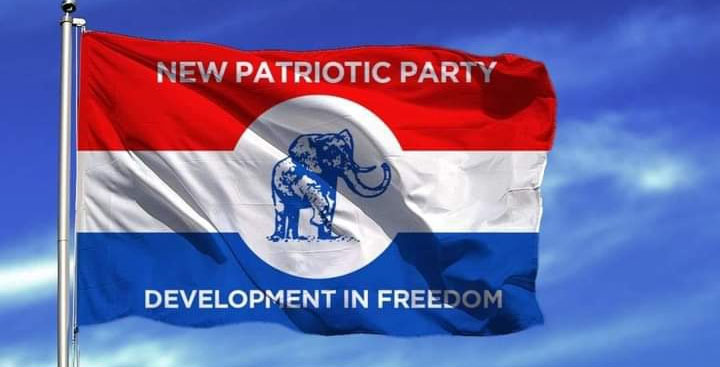
By Dr. Mavis OWUREKU-ASARE
World Food Day offers us a timely opportunity to pause and reflect—not only on the importance of food security but also on how food connects to culture, identity, and economic transformation.
For Ghana, this reflection cannot ignore the growing wave of the “Made in Ghana” movement. Our products, once sidelined in favour of imports, are now gaining prominence through exclusive shops dedicated solely to locally made items—from food and beverages to clothing, cosmetics, and handicrafts.
Stepping into one of these shops is an inspiring experience. Shelves beautifully lined with Ghanaian products tell a story of creativity, resilience, and innovation.
They remind us that “Made in Ghana” is more than a label; it is a testament to our heritage and a call to pride. Each product reflects the hands and minds of local entrepreneurs who dare to believe that Ghana can not only produce but compete on a global stage.
Yet, as exciting as this trend is, we must also confront the less glamorous realities. Behind the appealing packaging there are countless small and medium enterprises (SMEs) struggling to survive.
They wrestle daily with inadequate equipment, limited access to financing, high costs of raw materials, and the ever-increasing expenses of branding and promotion. For many, the dream of scaling up to meet demand remains just that dream. Their frustrations are often silent, but their struggles are real.
This is where our national commitment must match their resilience. The rise of “Made in Ghana” shops is a bold step, but one step alone will not transform our economy. We need a comprehensive strategy that makes it easier for SMEs to thrive.
Access to affordable credit, targeted investment in modern processing equipment, and stronger value-chain linkages are critical. Without these, many local businesses will continue to operate below potential, unable to compete with imports or break into export markets.
Innovation also has to drive this movement. As a food scientist, I know the vast opportunities that exist when we explore new technologies, invest in product development, and diversify how we use our local raw materials.
Imagine cassava not only exported as gari but a bulk of it transformed into gluten-free made in Ghana flour for global health markets, or our shea not only exported as raw sheabutter but as premium Ghanaian cosmetic brand proudly sitting on shelves in Paris or New York. These are not far-fetched dreams; they are opportunities waiting to be harnessed if we invest in research, training and partnerships.
Consumers, too, have a vital role to play. Choosing a Made in Ghana product is not just a purchase—it is a vote of confidence, an investment in jobs, and a statement of cultural pride. Every cedi we spend on local products keeps money circulating within our economy, supports livelihoods, and strengthens the foundation of our national identity.
On this World Food Day, as the world rallies behind the theme “Hand in Hand for Better Foods and a Better Future,” We must ensure that no small or medium enterprise is left behind in this collective journey. The spirit of the theme calls for collaboration, inclusion, and shared responsibility—and our entrepreneurs embody exactly that.
They are the backbone of the “Made in Ghana” movement, transforming local resources into quality products that feed our people and strengthen our economy. To truly move hand in hand, we must listen to their struggles, celebrate their resilience, and support them with the right policies, financing, and innovation.
Only then can we build a future where Ghanaian enterprises not only survive but flourish—contributing to better foods, better livelihoods, and a better future for all.
“Made in Ghana” is not a passing trend. It is our story, our heritage and our pride. If nurtured with intentional support, innovation and unwavering patronage, it can become a powerful engine of growth, helping us reduce imports, create jobs and project Ghana to the world.
The time has come for us to move from slogans to action. Because when Ghana produces, Ghana thrives.
Buy Ghana. Build Ghana. Believe in Ghana.
>>>the writer is a food scientist and Agribusiness Advisor
The post Made-in-Ghana: Our heritage, our pride appeared first on The Business & Financial Times.
Read Full Story















Facebook
Twitter
Pinterest
Instagram
Google+
YouTube
LinkedIn
RSS